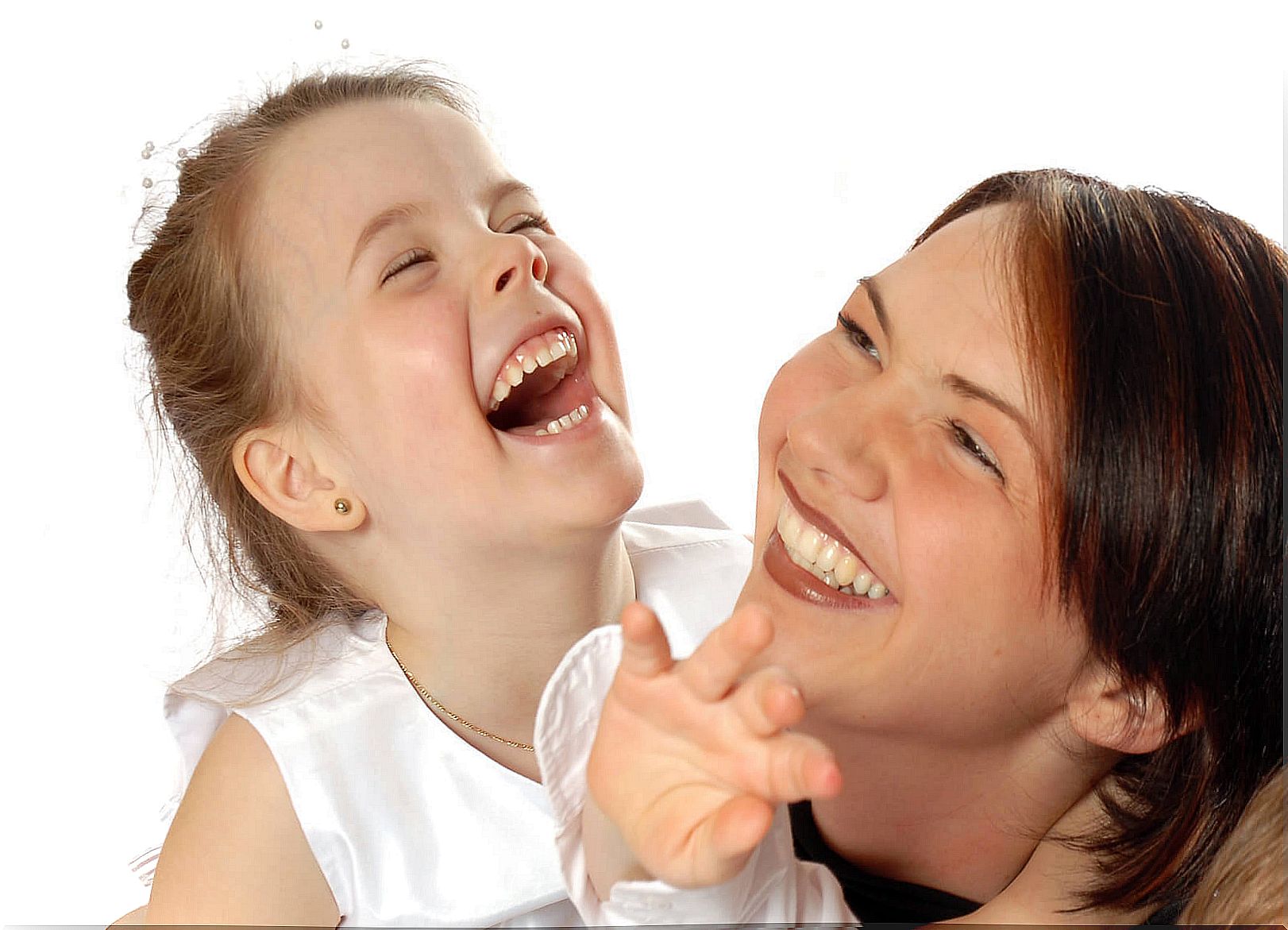Humor In Social Education

At present, the value that humor has for our personal and even work lives is no secret. The social sciences, and more specifically social education, hold laughter and humor in high esteem. And it is that, in truth, humor in social education is a very relevant tool when it comes to enriching the teaching-learning process.
Humor as a strategy
The contexts in which social educators can act are multiple as well as diverse. One of the areas defined as typical of social education is sociocultural animation. From social education, there has always been an awareness of the importance of leisure, laughter and humor in dealing with conflicts.
Anna Forés and Ana María Novella are committed to applying humor in professional practice as a pedagogical tool. For them, humor has as its mission another way of dealing with life and daily events.

Social education professionals pose the challenge of applying humor in the work of the social educator as an educational strategy and as a source of well-being. The inferred objective is to help control and resolve conflicts.
According to Jesús Damián Fernández, a doctorate in pedagogy, the place that humor occupies in social education must express an intention, objectives and content that are intended to achieve the educational purposes previously designed.
That is, to appreciate humor as a didactic element that can favor and establish the ideal climate for an effective learning process.
Benefits of humor in social education
Humor facilitates the work of social educators. It is an ideal tool to alleviate and smooth tensions, and to observe conflicts from different perspectives. In addition, it is the most effective tool to reach people and empathize with the most vulnerable groups.
On the other hand, the medical doctor Ramón Mora describes a series of benefits of humor and laughter at the cognitive level for the individual:
- Increases self-esteem and our well-being in general.
- Reduces stress and symptoms of depression and anxiety.
- Improves mood.
- Increases memory and our ability to solve problems.
- Improve the quality of our interpersonal relationships.
- Increase collaboration and facilitate group identity.
From another point of view, it could be said that humor brings us maturity. Thanks to the sense of humor we can analyze everyday problems from another perspective. This means that it helps us to better understand our environment and the world around us.

According to Fernández, humor offers us new perspectives to interpret reality. In other words: allow us to analyze and question our reality from different points of view.
In addition to helping us to confront and resolve conflicts more competently, humor strengthens us for resilience. Humor makes us stronger to face failures and to evaluate them constructively ; It helps us to adapt to adversity.
Ultimately, the value of humor for social education lies in its potential to improve people’s well-being and their adaptive response to conflict. And, finally, to its use as a tool to stimulate the teaching-learning process and, in this way, to facilitate the basic task of social education: the insertion of the individual in their social environment.










